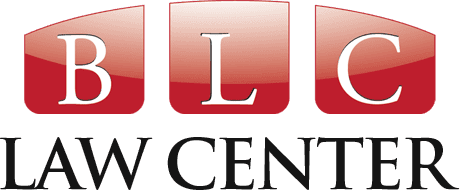The FDCPA is a federal law that was written to protect you, the consumer, from abusive practices by debt collectors. Please note that the FDCPA typically only applies to debt collectors and not the original holders of your debt, such as a credit card company or a bank. Restore your financial independence with our experienced team of FDCPA Claims.
The law applies to what you would think of as personal debts, such as a car loan, an installment payment plan to a gym, medical bills due to a hospital and your mortgage on your home. It explicitly does not apply to any debts that were accrued for business or agricultural purposes. If you want a free analysis of your legal case then bankruptcy lawyer San Diego California will be your best option.
A debt collector is defined by the law as any person who regularly collects or attempts to collect debts owed to another person or institution. Importantly, the definition does not include an institution trying to collect a debt under its own name, an institution who sold a debt but still services it (think student loans, typically) or an institution trying to collect on a debt that was not in default when it bought the debt, among others. San Diego California bankruptcy attorney can stop creditors from harassing you and can even save your home.
The FDCPA requires that communication by a collection agency only occurs between the hours of 8 A.M. and 9 P.M. and that they may not contact you at your place of employment if they are informed that such calls are not allowed while you are at work. San Diego California Bankruptcy Lawyer is the most reviewed and voted best bankruptcy attorney. The law also prohibits many specific behaviors by debt collectors to include:
This is not an exhaustive list of prohibited practices but is intended, instead, as a guide to give you an idea of what acts collection agents are not allowed to do. Click here for a full description from the federal trade commission.
The BLC Law Center has a skilled and experienced staff that can represent you to ensure that the harassing phone calls stop. We know the law and can analyze the debt collector’s actions under the FDCPA and can represent you in court to sue the collection agency for violating your rights. If found in violation, they can be fined up to $1000 and be required to cover attorney’s fees and court costs. Please give us a call at (800) 551-7922 to set up a free consultation today to start protecting your rights.

Legal Disclaimer: The Bankruptcy Law Center is a California Licensed law firm with attorneys licensed in the state of CA, NY. Attorney Ahren Tiller is responsible for this advertisement. Bankruptcy Law Center’s principal office is located at 380 South Melrose Drive #308 Vista, CA 92081. Prior results listed on this site do not depict or in any way infer a prediction or outcome. Bankruptcy Law Center is a debt relief agency proudly providing options to people with financial problems. View our Privacy Policy
© 2025 All Rights Reserved.